Recommendations from our site
“We tend to see ourselves as not unlike rats, creatures driven by the short-term reward centres in our brains. But what Gilbert does fantastically well is to argue that, actually, humans are better at long-term thinking than almost any other animal. A chimpanzee may strip off the leaves from a branch to make a tool to poke into a termite hole, but that chimp will never make a dozen of those tools and put them aside for next week. Yet this is exactly what humans do.” Read more...
The Best Books for Long-Term Thinking
Roman Krznaric, Philosopher
“Dan Gilbert, a dear friend of mine at Harvard, is the best writer in our field and one of our greatest thinkers. He is extremely creative and insightful.” Read more...
The best books on Behavioral Science
Nicholas Epley, Psychologist
“One of the ideas in this book is that minds are predictive, not reactive. It feels to us like we just react to the things that are happening to us, but in fact our brains are constantly guessing what’s going to happen in the next moment. Dan’s book was one of the first books that really took on this idea of prediction – which is, I would say, one of the great innovations in the last decade or two of neuroscience research.” Read more...
Lisa Feldman Barrett, Psychologist
“It shows that human beings are very bad at predicting what will make them happy, and, in fact, are even bad at describing what has made them happy in the past.” Read more...
Matthew Taylor, Political Commentator
“He’s one of the funniest people, certainly in psychology – he’s just endlessly witty, and reading it is like strapping yourself into a roller coaster.” Read more...
Jonathan Haidt, Psychologist
“I liked this book because he went inside my brain. Essentially, he writes that we’re prisoners of our minds and brains – and we think we’re so different from everyone else, but we’re not.” Read more...
The best books on Happiness at Work
Jessica Pryce-Jones, Psychologist
Commentary
“Gilbert argues that what he calls the “psychological immune system” kicks into gear in response to big negative events (the death of a spouse, the loss of a job) but not in response to small negative events (your car breaking down). Which means that our day-to-day happiness may be predicated more strongly on little events than on big ones.”

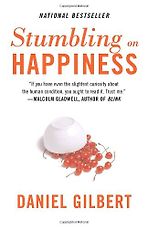
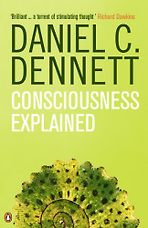
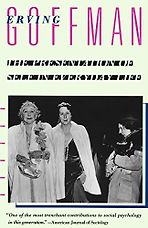

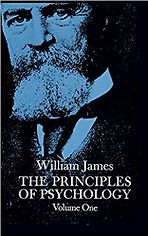
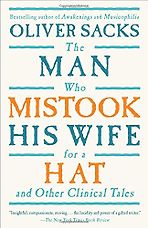
The book, according to the author